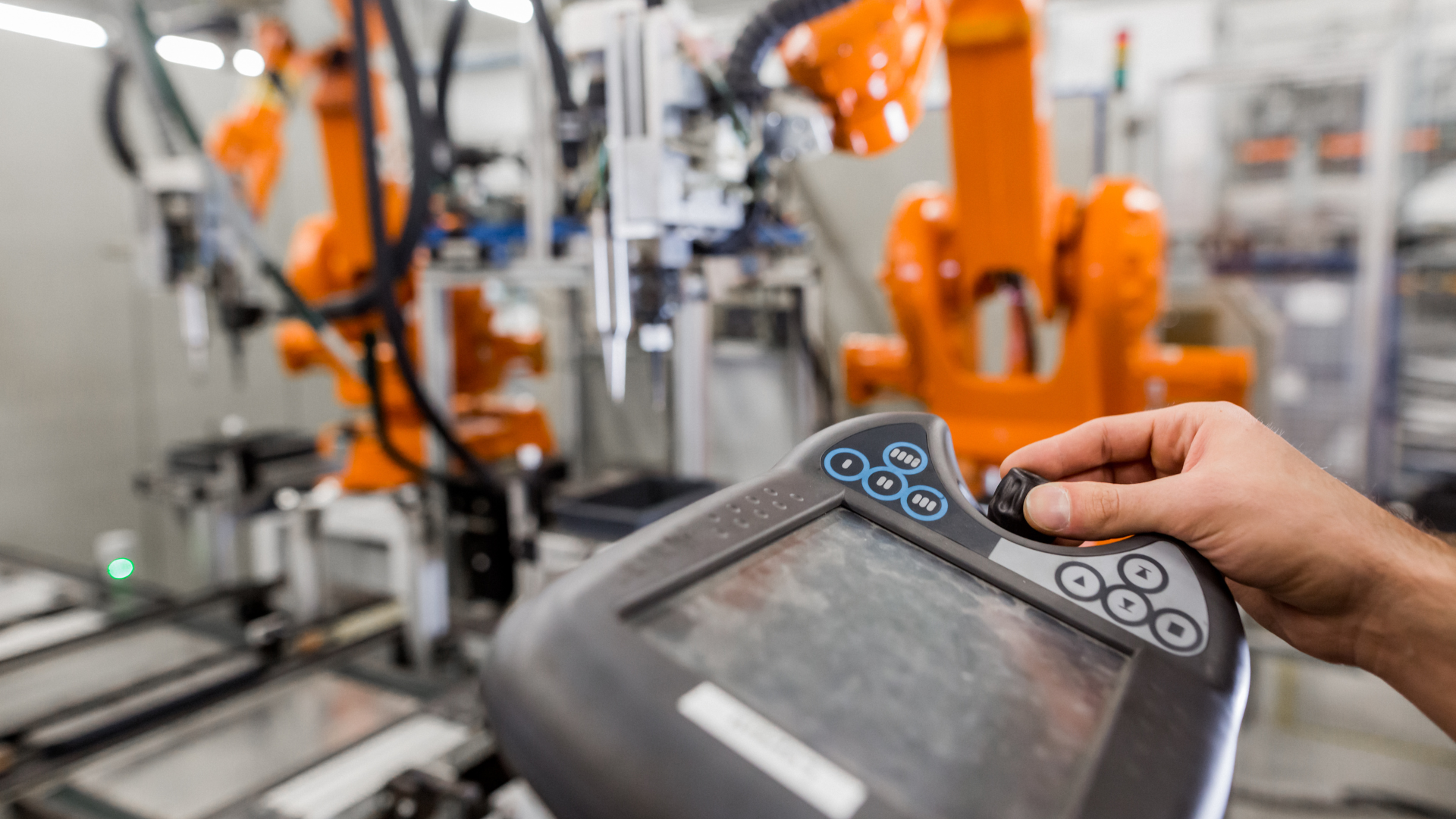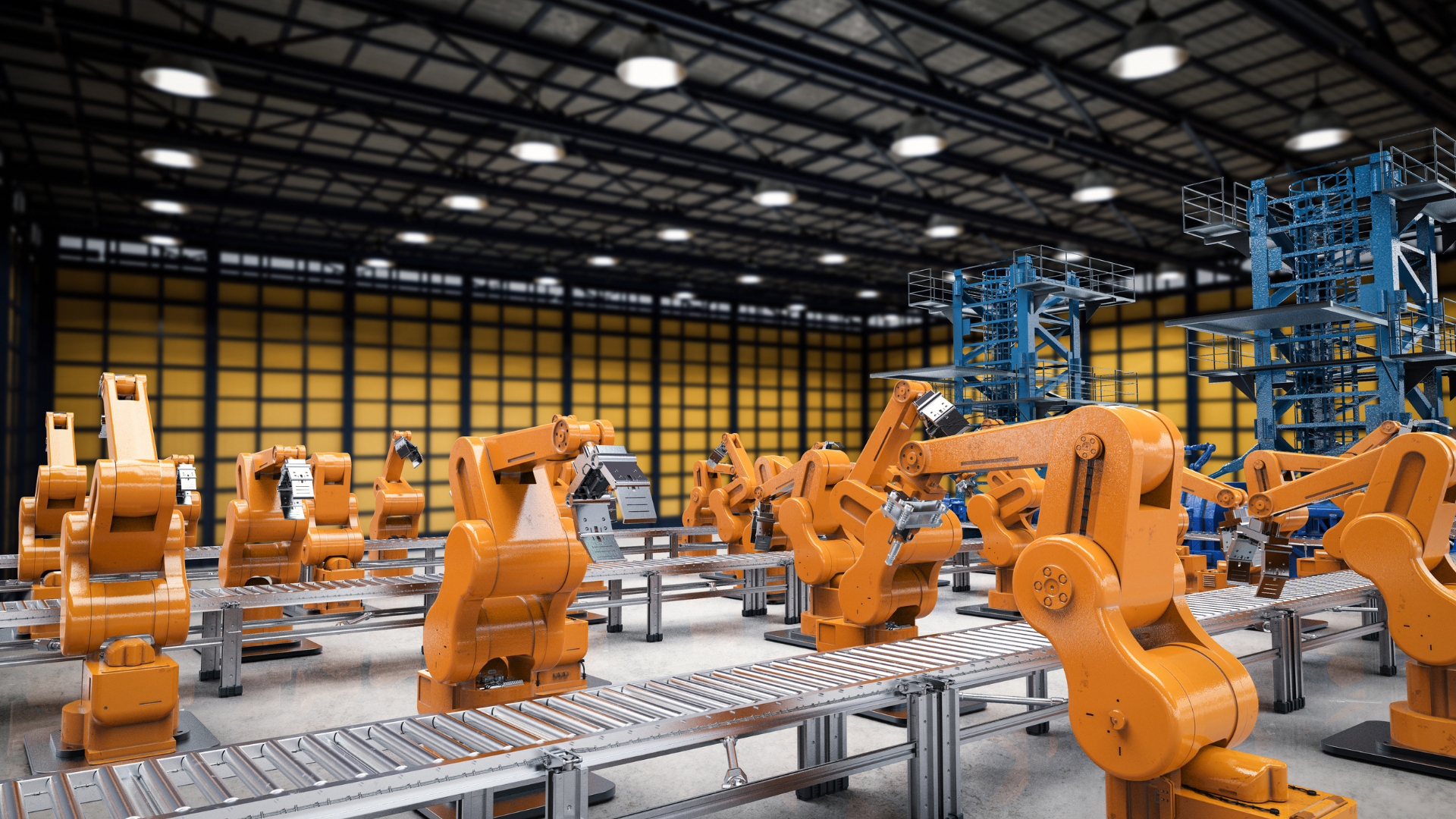Industrial MES
Is SAP an MES System
MES System Integration involves connecting SAP with specialized MES systems. While SAP is not an MES, it can integrate with MES systems to manage real-time production processes. SAP offers modules like SAP MII that provide some MES functionalities, but for dedicated production control, a specialized MES system is usually preferred.
SAP MES
SAP MES combines SAP's enterprise resource planning (ERP) capabilities with manufacturing execution system (MES) functionalities. It helps manage and monitor production processes in real-time, ensuring a smooth flow of information between the shop floor and business operations. By integrating SAP with MES, companies can optimize production, reduce downtime, and improve overall efficiency. SAP offers solutions like SAP Manufacturing Integration and Intelligence (SAP MII) to bridge the gap between planning and execution, providing a comprehensive approach to manufacturing management.
Manufacturing Execution System PDF
A Manufacturing Execution System (MES) PDF typically provides detailed information about MES systems, including their functionalities, benefits, and implementation processes. These documents are useful for businesses looking to understand how MES can optimize production by offering real-time monitoring, control, and data analysis. An MES PDF might also include case studies, integration strategies with ERP systems like SAP, and best practices for improving manufacturing efficiency and reducing costs.

What Is The Difference Between MES and ERP?
Top MES Systems
Top MES systems are essential tools for modern manufacturing, providing real-time control and monitoring of production processes. Some of the leading MES systems include Siemens Opcenter, Rockwell Automation's FactoryTalk, Dassault Systèmes' DELMIA, Honeywell's MES, and GE Digital's Proficy. These systems offer robust features like production scheduling, quality management, and data analysis, helping manufacturers optimize efficiency, reduce downtime, and improve overall productivity. When selecting a top MES system, businesses should consider their specific needs, scalability, and how well the system integrates with existing ERP solutions.
MES Meaning
MES refers to a Manufacturing Execution System, a software solution that monitors, controls, and manages production processes in real-time within a manufacturing environment. MES bridges the gap between enterprise resource planning (ERP) systems and the shop floor, ensuring that production runs efficiently and smoothly. It tracks and documents the transformation of raw materials into finished goods, helping manufacturers optimize operations, maintain quality, and increase productivity.
What is the difference between MES and SAP?
MES and SAP differ in their focus within manufacturing operations. MES (Manufacturing Execution System) manages real-time production processes, handling tasks like scheduling and quality control on the shop floor. SAP, an enterprise resource planning (ERP) system, oversees broader business functions such as finance, supply chain, and human resources. While MES optimizes manufacturing activities, SAP provides a higher-level view of overall business operations. Together, they ensure smooth communication between production and business management.
SAP MES Integration
Connecting SAP's enterprise resource planning (ERP) system with a Manufacturing Execution System (MES) streamlines production processes and boosts efficiency. This integration enables real-time data exchange between the shop floor and business operations, ensuring that manufacturing activities align with broader organizational goals. With better synchronization, companies can improve production planning, minimize downtime, and gain enhanced visibility into both manufacturing and business performance, leading to more informed decisions and optimized operations.
MES Software
MES software is designed to manage and control manufacturing operations in real-time. It helps track production processes, monitor equipment, and ensure quality control on the shop floor. By providing detailed insights and data collection, MES software enables manufacturers to optimize production efficiency, reduce waste, and improve overall performance. This software often integrates with other systems, like ERP, to create a seamless connection between business planning and actual manufacturing execution, ensuring smooth and efficient operations across the organization.

What Is an Example of MES?
An example of MES (Manufacturing Execution System) is Siemens Opcenter, a software solution that helps manufacturers manage and optimize their production processes. Siemens Opcenter offers real-time monitoring, scheduling, and quality management, allowing businesses to improve efficiency on the shop floor. It connects with other systems like ERP to ensure a seamless flow of information from production to business operations, helping companies maintain high standards of quality and productivity.
MES System Examples
MES system examples include leading software solutions like Siemens Opcenter, Rockwell Automation's FactoryTalk, Dassault Systèmes' DELMIA, and GE Digital's Proficy. These systems help manufacturers manage and optimize production by providing tools for real-time monitoring, scheduling, quality control, and data analysis. Each of these MES solutions integrates with broader enterprise systems, enabling seamless communication between the shop floor and business operations, ultimately improving efficiency, reducing downtime, and enhancing overall productivity.
List of MES Software
Here's a list of popular MES software:
- Siemens Opcenter
- Rockwell Automation FactoryTalk
- Dassault Systèmes DELMIA
- GE Digital Proficy
- Honeywell MES
- ABB Ability Manufacturing Operations Management
- AVEVA MES
- Oracle Manufacturing Cloud
- SAP Manufacturing Integration and Intelligence (SAP MII)
- Schneider Electric EcoStruxure Manufacturing Operations
These systems offer various tools for managing and optimizing manufacturing processes, from real-time monitoring to quality control and production scheduling.
What Does MES Stand For?
MES stands for Manufacturing Execution System. It is a software solution used to manage, monitor, and control production processes in real-time within a manufacturing environment.
Manufacturing Execution System
A Manufacturing Execution System (MES) is a software platform that manages and controls production processes on the factory floor in real-time. It bridges the gap between enterprise resource planning (ERP) systems and the physical manufacturing environment, ensuring that production runs efficiently and smoothly. MES tracks everything from raw materials to finished products, providing insights into scheduling, quality control, and performance optimization. By implementing an MES, manufacturers can enhance productivity, reduce waste, and maintain high levels of quality throughout their operations.
Manufacturing Execution System Software List
Here is a list of popular Manufacturing Execution System (MES) software:
- Siemens Opcenter
- Rockwell Automation FactoryTalk
- Dassault Systèmes DELMIA
- GE Digital Proficy
- Honeywell MES
- AVEVA MES
- ABB Ability Manufacturing Operations Management
- SAP Manufacturing Integration and Intelligence (SAP MII)
- Oracle Manufacturing Cloud
- Schneider Electric EcoStruxure Manufacturing Operations
These MES software solutions help manufacturers manage and optimize their production processes, offering features like real-time monitoring, quality control, and data analysis.
MES Meaning in French
In French, MES stands for Système d'Exécution de la Fabrication. It refers to the same concept as in English, which is a software system used to monitor and control manufacturing processes in real-time, ensuring efficient production and quality management on the shop floor.

You might also like



